When any reader is new to a subject it often is hard to know where to start. Once underway studying the American Revolution the sky’s the limit as far as breadth and depth of research is concerned. It’s a lifetime endeavor that has given me a great deal of pleasure as well as some understanding of who we are and where we came from. It has also introduced me to some of the greatest men of any generation.
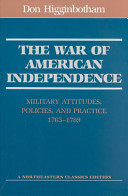 The War of American Independence
The War of American Independence
By Don Higginbotham (1971)
To get a basic understanding of what happened and why one may wish to start with a book that tells the “whole” story in overview. There are many books of this type. I list Higginbotham’s as I’ve had it for years and am used to his writing style. I’d suggest checking the table of contents to pick one that covers the entire war, including the war in the South which is often overlooked.
 Washington, the Indispensable Man
Washington, the Indispensable Man
By James Thomas Flexner (1969)
There are an incredible number of biographies of Washington. I list Flexner’s simply because I think it is the best single volume biography that well describes Washington and his place in the American Revolution. It also reads very well.
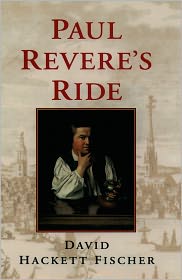 Paul Revere’s Ride
Paul Revere’s Ride
By David Hackett Fischer (1994)
The beginning is always a good place to start when learning about a war. Paul Revere’s Ride is an excellent beginning. There are many other books covering this period but Fischer’s is an excellent read.
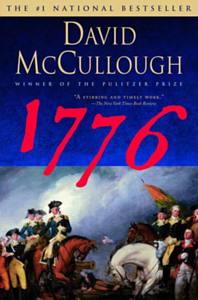 1776
1776
By David McCullough (2005)
As a follow-up to Paul Revere’s Ride in 1775 the natural next step would be the campaign of 1776. The story is brilliantly told by McCullough. Naturally, other books cover the same ground but I like McCullough’s style and pace.
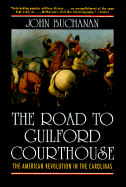 The Road to Guilford Courthouse, the American Revolution in the Carolinas
The Road to Guilford Courthouse, the American Revolution in the Carolinas
By John Buchanan (1997)
In the minds of many people, including some historians, the American Revolution was a series of events that took place in the North only reaching as far South as Yorktown. Ignoring the war in the South ignores some of the most important events that shaped the outcome of the war. Grasping what happened in the South, and why, is to have an understanding of how the war came to an end. One of the best books on the war in the South is Buchanan’s.
That’s the very basic list. While the particular titles chosen may vary the idea is the same; get an overview of what happened, why and who was involved. After the basics the reader will find himself with a long, and delightful, ride that should include a library of many essential volumes. I wish I could start over and enjoy the ride myself a second time.
Readers! Please share your thoughts and your own favorite basic books in the comments below.


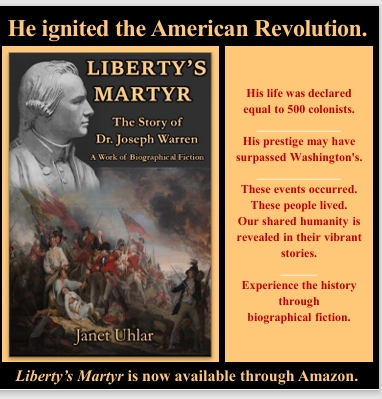


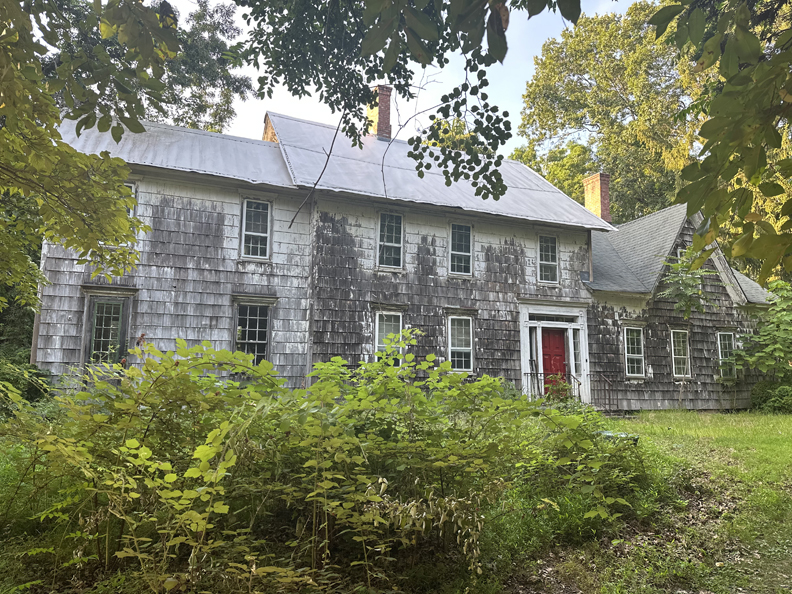
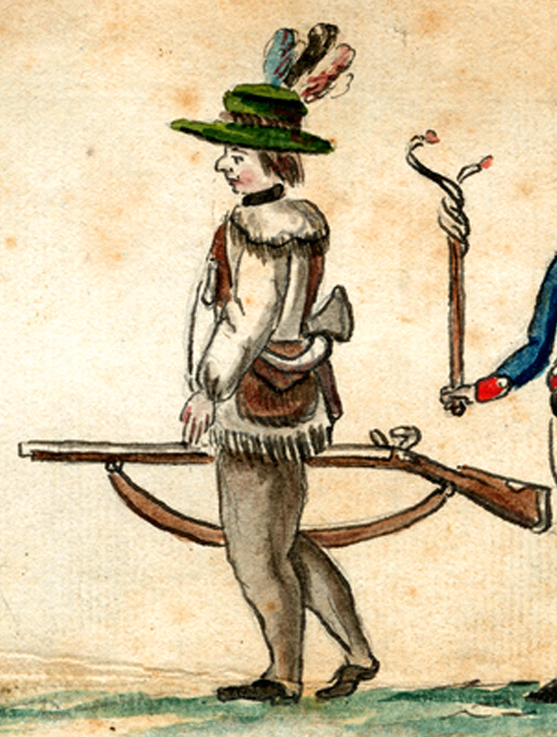
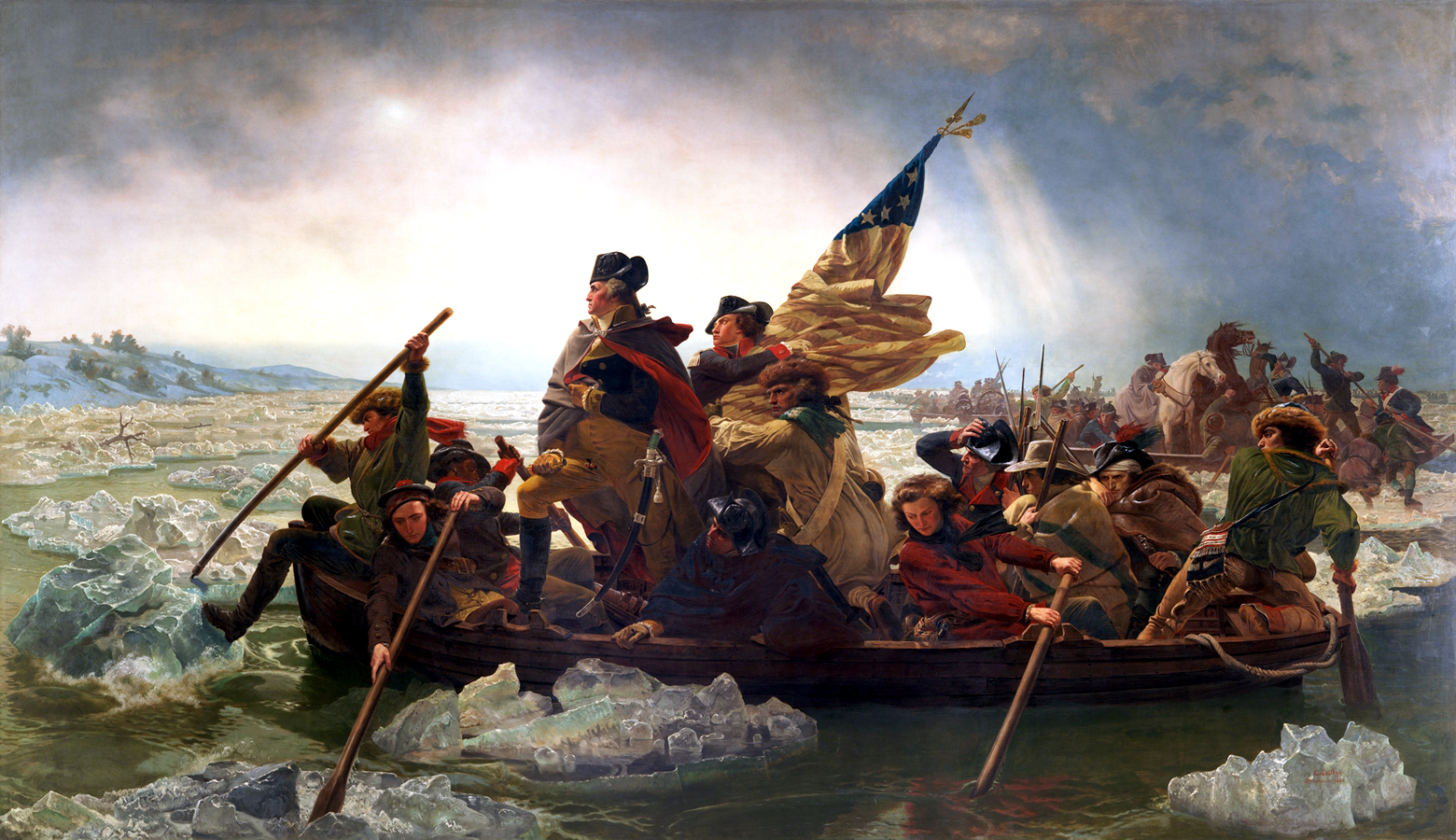

16 Comments
‘Washington, the Indispensable Man’, is fantastic. I also enjoyed 1776, however I wished McCullough kept going!
As a Southerner and annual pilgrim to the battle of Cowpens anniversary, I am very happy you included ‘The Road to Guilford Courthouse’. I am only a third of the way through, but this book is an enlightening and exiting telling of the southern campaign. Looking to be one of my favorites.
I would be curious to get your take on a few of the best Founding Fathers biographies. There are some good ones out there.
Twistification,
I too wish David McCullough’s books would keep on going. One can’t go wrong reading anything of his.
Founding Fathers are a problem. Many biographies tend toward hero worship. We have to remember that these people were flesh and blood. Some are aimed at the popular audience and others to the scholarly. I would prefer something in between. John Adams by McCullough is a winner. You might also look at Carl Van Doren’s Benjamin Franklin – it’s a bit old but still good. So much depends on the reader’s personal preferences in style and content it makes choices very difficult. Jefferson of course has a huge number of biographies. You may wish to look at something like amazon.com and look at the reader comments. Bookstores naturally stock more recent books so the selection may not include some from the more recent past. You present an interesting and difficult question.
I always enjoyed Lexington and Concord: The Beginning of the War of the American Revolution by Arthur Tourtellot and Angel in the Whirlwind: The Triumph of the American Revolution by Benson Bobrick.
Two American History primers in my opinion
I highly recommend works by John Ferling especially SETTING THE WORLD ABLAZE and A LEAP IN THE DARK.
Just finished A Leap in the Dark. It is fantastic and I would highly recommend it.
Even though I’m fast approaching 60 years old, I’ve only been “seriously” reading about the American Revolution since my visit to Colonial Williamsburg/Yorktown in 2009. The only book in you list that I’ve read so far is 1776 – which I think is an excellent read! High on my list are also:
Washington: A Life by Ron Chernow. While techically not a book about the Revolution it covers Washington’s entire life and for me was important read.
Washington’s Crossing by David Hackett Fischer – It never ceases to amaze me at what the Continental Army and Militia went through to accomplish what they did.
Almost A Miracle by John Ferling: I feel like this gives an excellent overview of the entire war from a high level.. Includes action in both north and south.
Finally, a new book: Reporting the Revolution by Todd Andrlik: Which is a compilation of period newspaper articles (scanned from the originals) with introductory pieces from some leading historians on many of the main topics leading to and through the Revolution. I’m using this as a supplement to my reading going forward.
Thx for your list – I’m definitely going to add the 4 books I haven’t read to my list.
Jim
Many thanks, Jim, for adding my new book, Reporting the Revolutionary War, to the mix. I’m thrilled to hear that you’re using it as a supplement for all future reading. It definitely adds a fun, new dynamic when integrated with existing volumes. And I completely agree about Ron Chernow’s bio on Washington. Good stuff. -Todd
My apologies Todd, on misidentifying your wonderful book.. As you point out in your post, the correct title is “Reporting the Revolutionary War.” Regardless, it’s a welcome and useful addition to my library.
Jim
No worries, Jim. Reporting the Revolution rolls off the tongue easier. In fact, that was my proposed title to the publisher, but they (and booksellers) thought it would get confused with other revolutions. Thanks again.
Excellent suggestions. Thanks to all.
A Lexington/Concord book that may be of interest is “The Minute Men” by Gen. John R. Galvin, originally published in 1967 but revised editions have appeared since.
Agreed! Gen. Galvin’s book is a masterpiece. I’ve read my copy so many times it is literally coming apart.
Whenever anyone asks me for a single-volume account of the Revolution to get them started, I always recommend Benson Bobrick’s Angel in the Whirlwind. It’s fairly Whiggish, but that’s what most people want and it doesn’t go too overboard. Mostly, it’s a highly engaging narrative that covers the entire Revolution (not just the war). I’ve always thought that starting with Bobrick and reading Wood’s little Modern Library volume would give someone with no previous knowledge a fairly decent launching pad for jumping into more specialized works.
Thank you for this list. Mayflower by Nathaniel Philbrick opened my eyes to the long period of time before the American Revolution. A lot more than Jamestown, Pilgrims, Revolution. Attempting to fill in this black hole of knowledge, I am working my way back to the American Revolution. I am beginning to understand the importance of the French and Indian War as the backdrop that leads to the American Revolution. The change from British Citizen to American. I am reading Fred Anderson’s ‘The War that Made America’ and have his bigger book on my nightstand. What book(s) would you list as prerequisites to tackling Revolutionary War 101.
Michael, I’d suggest going through those books listed above plus you may want to look at “The Essential American Revolutionary Library https://allthingsliberty.com/2013/02/the-essential-american-revolution-library/ as well as the suggested reading of our readers
https://allthingsliberty.com/2013/12/essential-american-revolution-library/ You’re going to need a bigger nightstand. Happy reading!
Matthew Stewart has a very interesting book called “Nature’s God” on the influence of Philosophy on the American Founding. Although it is not specifically about the war itself, it is a great primer on 18th cen. Western philosophy and its influence on the Founders. You don’t need a Ph. D in Philosophy to understand the subject matter.